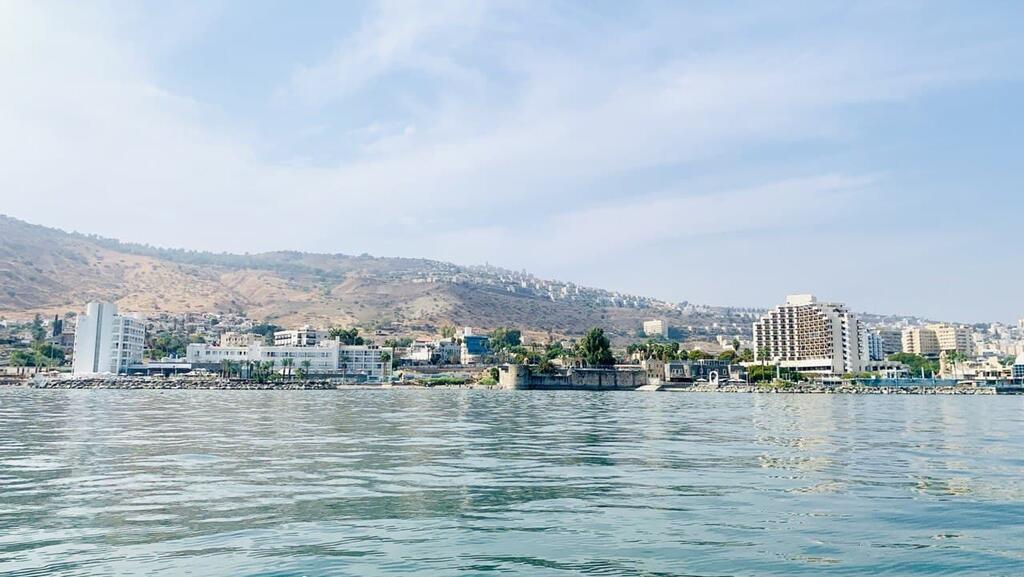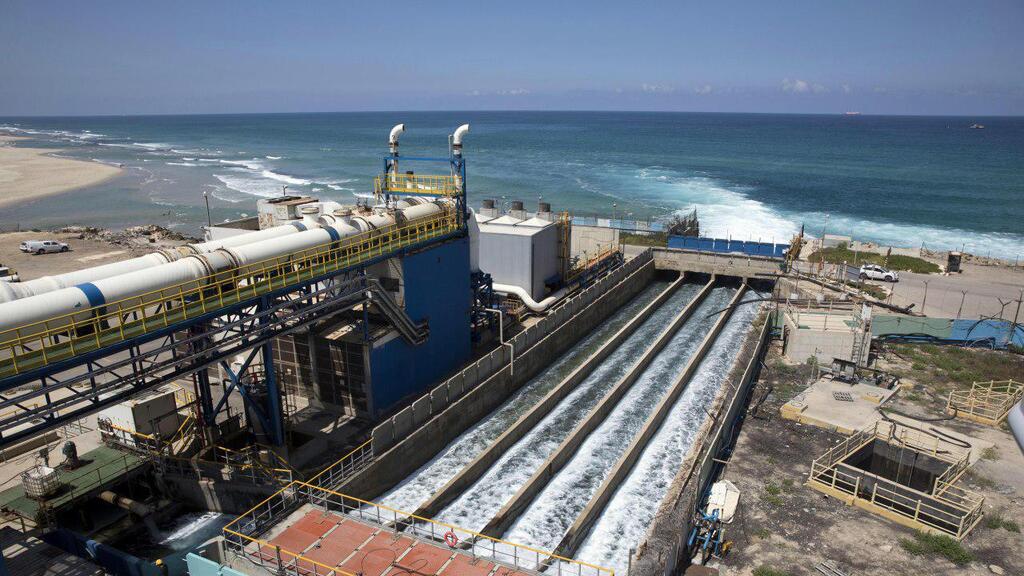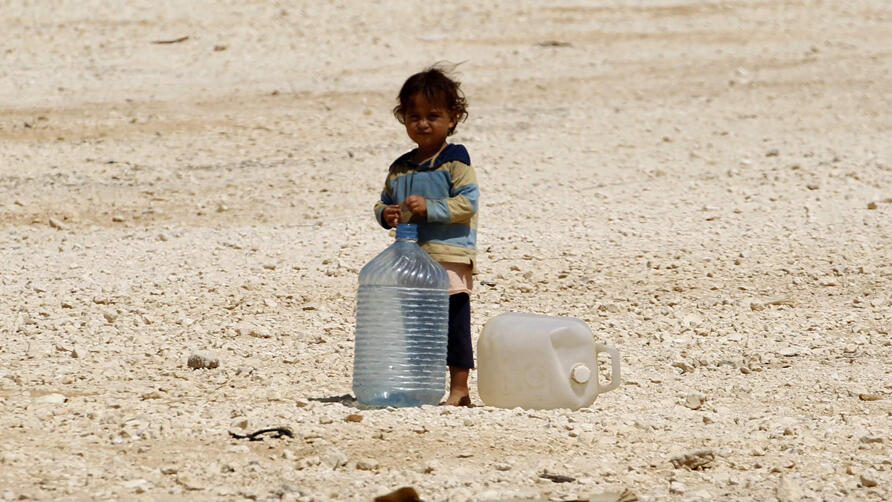Getting your Trinity Audio player ready...
Israel is set to suffer from severe water shortages in the coming years due to less precipitation brought by global warming and a rapidly increasing population, experts warn on Tuesday.
According to a report published by Mekorot — Israel's national water company — the country's population is expected to reach 16 million by 2025, with an additional 8 million in the West Bank and Gaza increasing.
The report also notes that with the population growth, urbanization is also expected to expand, decreasing agricultural and unpopulated areas, which are vital for the water supply.
In the report on Mekorot's future planning, delivered to the government and published on Ynet for the first time, the company presents its evaluation of future consumption and infrastructural needs in order to maintain an uninterrupted supply of water.
"With only 75% precipitation, we will have a problem," a Mekorot official said, "and with global warming, there is less rain and when it does rain, we see large amounts coming down in short periods of time, decreasing its absorption in the ground and supplying agricultural needs insufficiently."
Mekorot warns that the reliance on desalinization comes with risks of malfunctions and is insufficient for future needs.
"A comprehensive long-term plan approved by the government is required.," Mekorot sources said.
According to the Hydrological Service, there is a clear reduction in natural water supplies, which will drop by 30% over the coming years.
Jordan is already suffering from a lack of water, with supplies in the capital Amman limited to two days per week.
Israel is providing the kingdom with 10 million liters annually and has agreed to increase the supply to 100 million liters out of the Sea of Galilee, with further increases by 2050.
Israel's water supply is better than its neighbors, but according to the experts, it must plan ahead for its future challenges by investing in infrastructure and proper planning.




